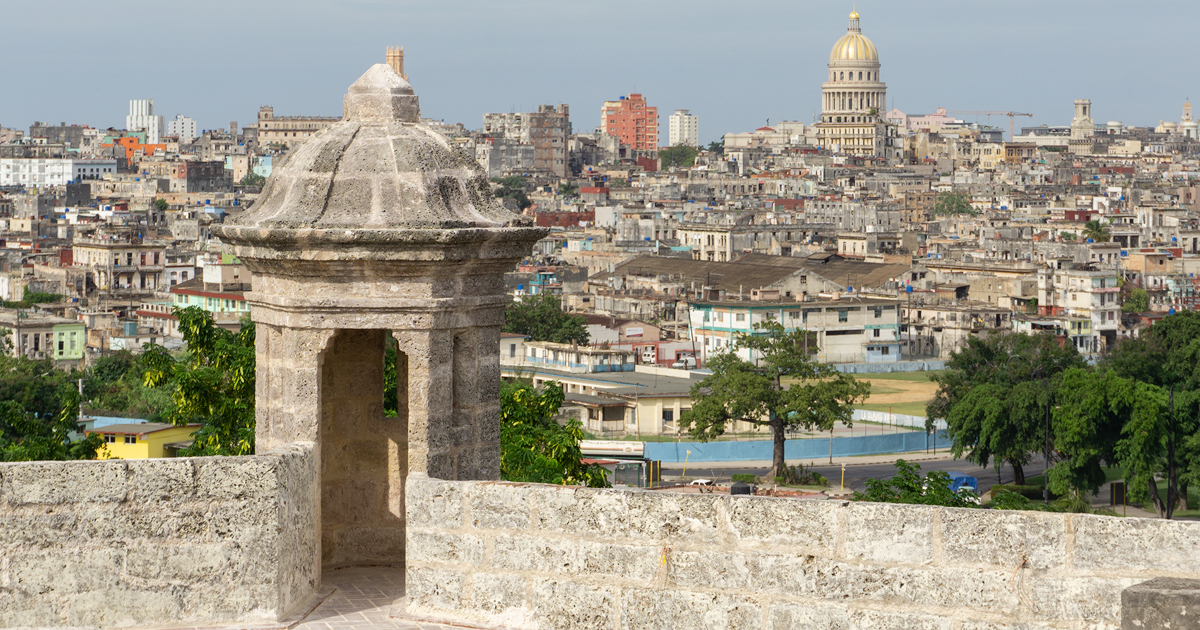
Related videos:
The Cuban government postponed the population census until 2025, citing that the current economic situation does not allow for the undertaking of this task.
This census of the population in Cuba was scheduled to take place two years ago, but the lack of resources on the island is severe.
The deputy chief of the National Office of Statistics and Information (ONEI), Juan Carlos Alfonso, acknowledged to the international press the negative impact of the economic situation on his department, but assured that the Cuban state has "very strong records."
The official also confirmed the decline in well-being indicators on the island, placing it at an intermediate level within Latin America.
Additionally, he justified that the ONEI compiles statistics that are not published, such as estimates of migration and indicators of inequality, for political reasons.
Cuba has gone twelve years without conducting a population census, and it would be very useful to know the current data in the country, especially following the recent migration crisis, as it is estimated that more than half a million Cubans have left the island, mostly young people of working age.
"Obviously, all of this comes with a cost, there is no doubt about that; a cost to the country's reproductive capacity and a cost to its productive capacity," the leader acknowledged.
"We are working on the preliminary registration for the census this year 2024 and assessing the real possibility of conducting it in 2025, depending on the country's resources," stated Alfonso.
The delay of this large-scale survey affects the availability of necessary data for the formulation of public policies and other governmental accounts. However, the official took the opportunity to blame the economic embargo imposed by the United States for the delay.
He added to the list of issues for conducting the census the effects of the pandemic on the country, the sanctions under Donald Trump's administration, and the distortions in the Cuban economy since 2020.
In their view, all these factors have led to shortages, inflation, frequent blackouts, and an unprecedented wave of migration.
Juan Carlos Alfonso acknowledged the increase in vulnerability and inequality among the population, as well as the deterioration of the Multidimensional Poverty Index (MPI), developed by the UN.
He also indicated that inequality, measured by the Gini coefficient, has increased, suggesting that it currently falls between 0.4 and 0.5, a figure that is intermediate compared to other countries in Latin America.
Filed under: